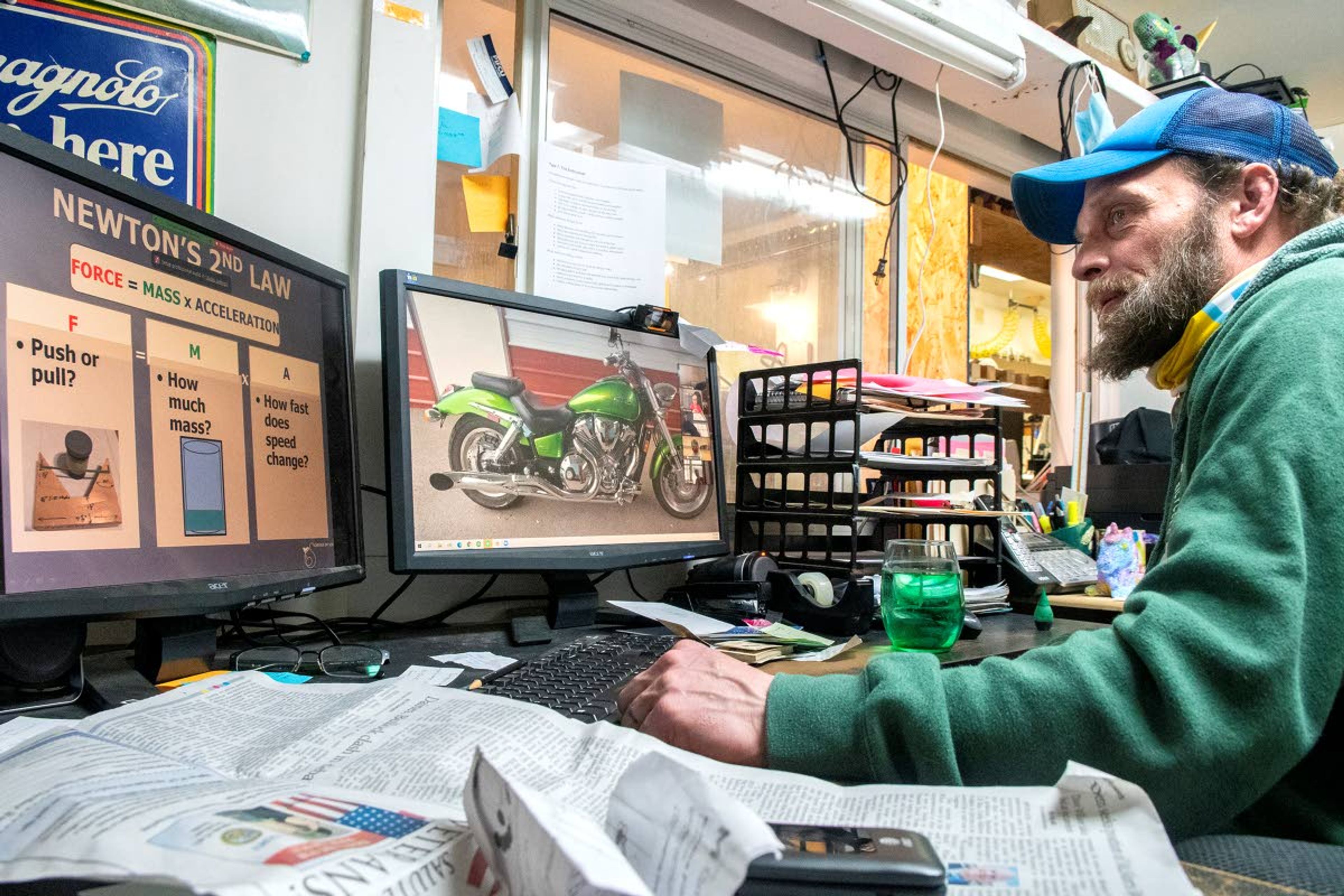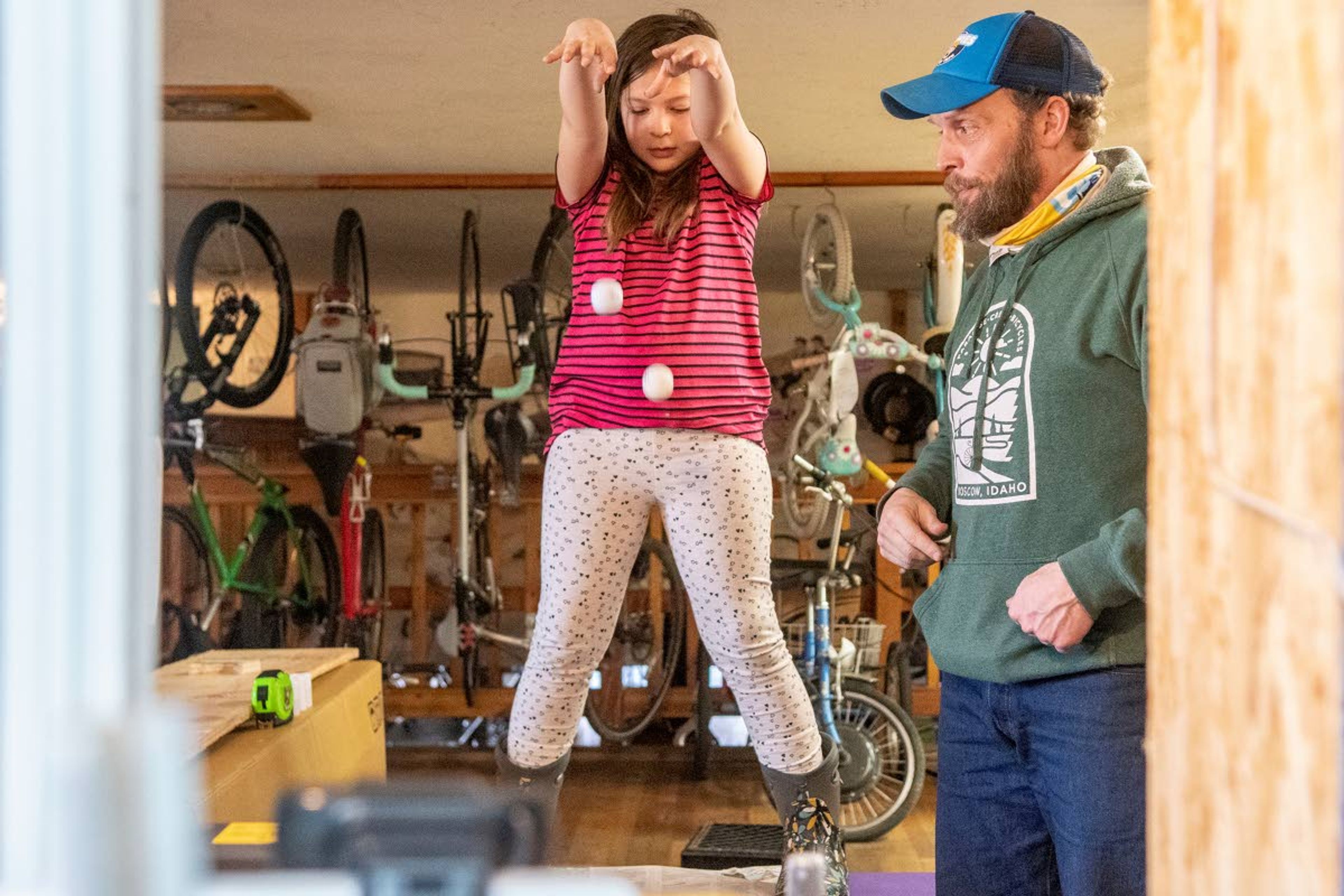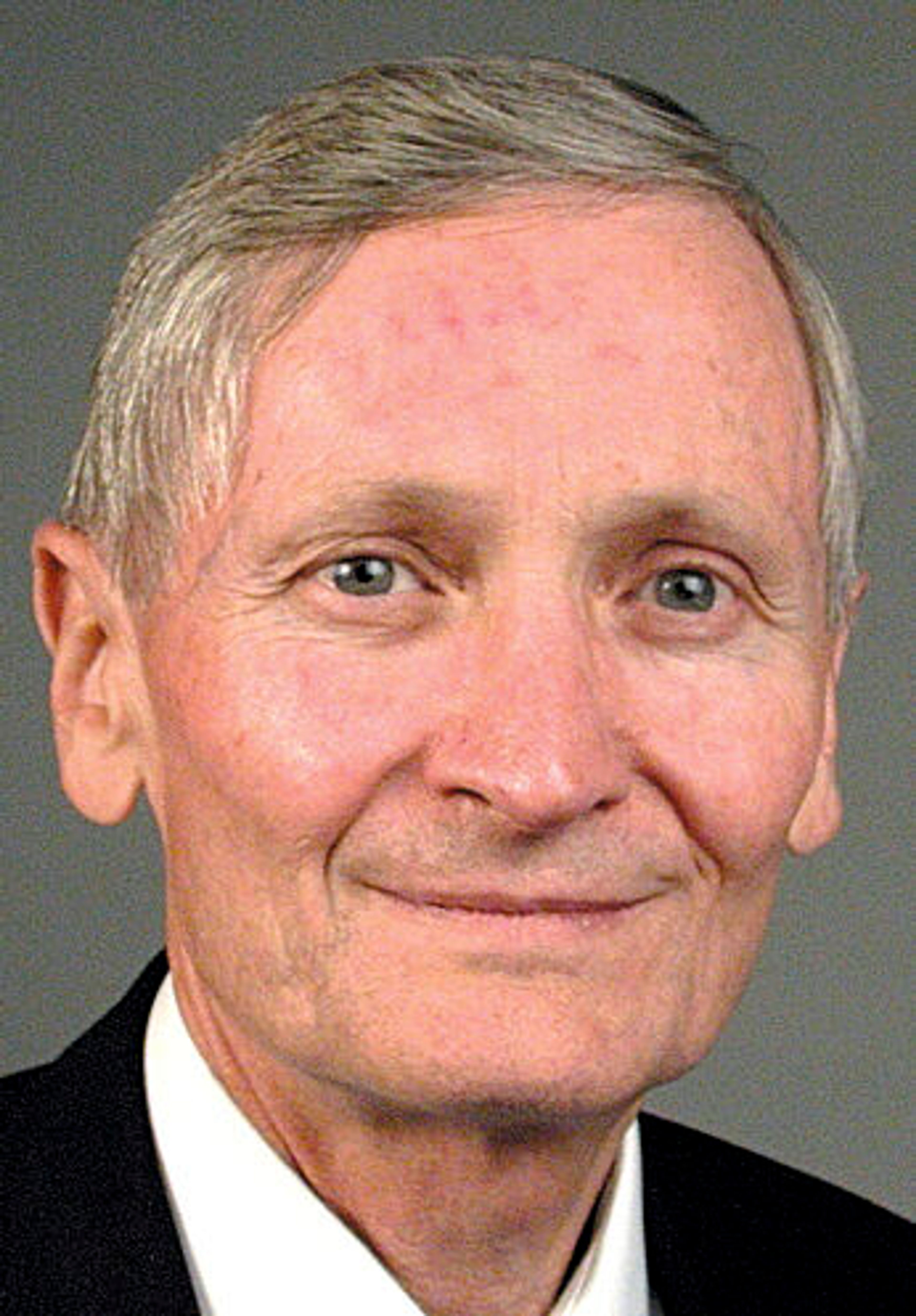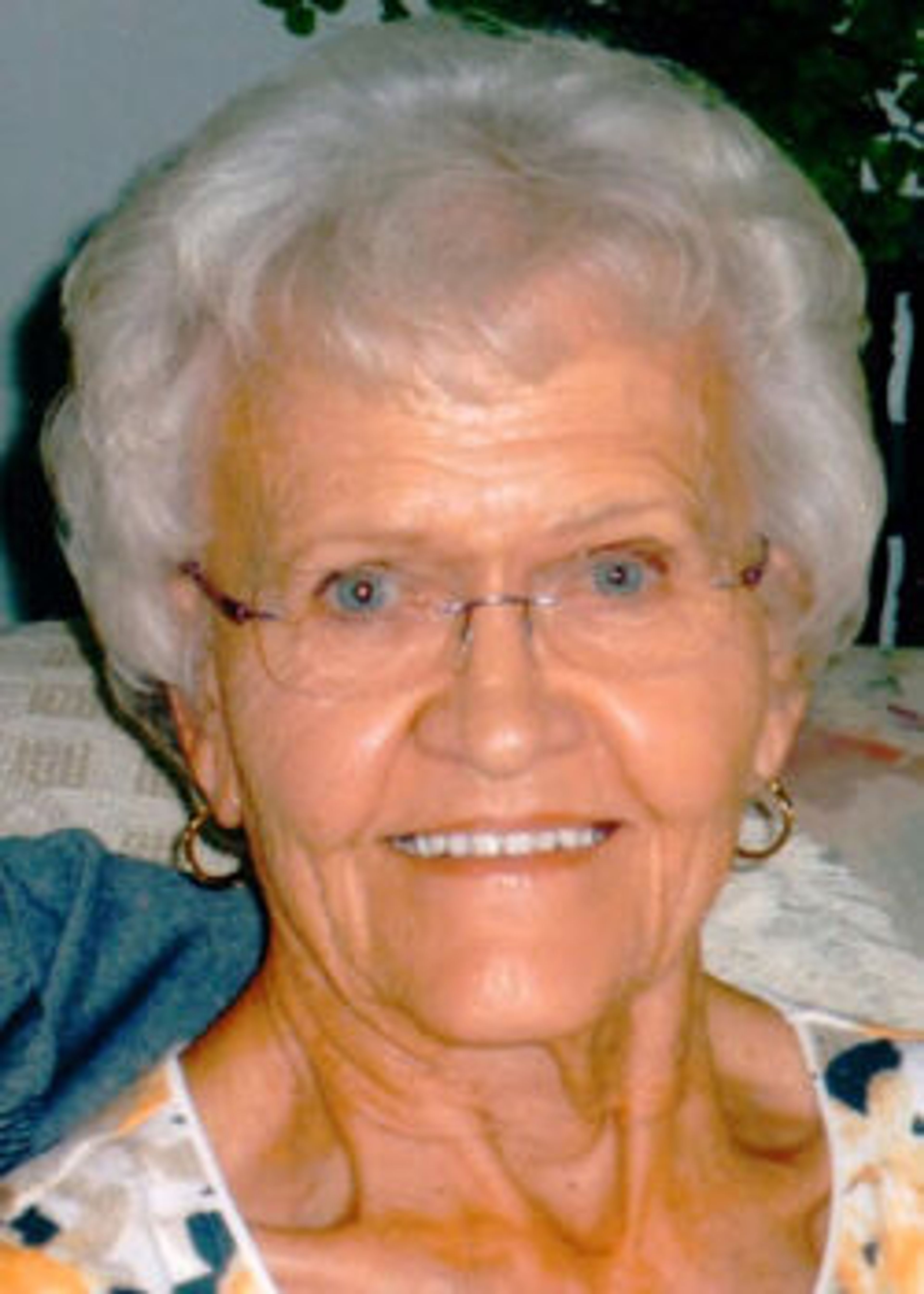Science prevails, even without skates
Annual program for Moscow fifth and sixth graders survives the COVID-19 chill
Area fifth and sixth graders have learned about science and how to skate the past 12 years as part of Palouse Ice Rink’s Science on Ice, but the COVID-19 pandemic forced leaders of the program to adapt the format this year.
Now, students learn the three phases of matter, Newton’s second law of motion and other concepts virtually instead of at the Moscow rink.
“That’s the biggest bummer of virtual Science on Ice is we can’t do (skating) with them,” said Andy Hudak, Science on Ice co-director.
Hudak said the virtual format is not ideal, but he wanted to keep the program alive because he felt bad for students stuck at home and the one-hour lessons provide teachers another instruction option.
“We wanted to do something that gets them a little bit hands on,” he said.
Martha Lovett, Science on Ice co-director and instructor, taught Jessica Telecky’s Russell Elementary fifth grade class Feb. 24. T-Jay Clevenger, owner of Paradise Creek Bicycles in Moscow, is the other primary Science on Ice instructor and taught students Wednesday.
Lovett, who has been a Science on Ice instructor for 10 years, said the program provided kits to students this year so they can perform the experiments at home. A free skating session and free skate rental is included in each of the student’s kits.
Besides instruction, Lovett guided the students through experiments to help explain the concepts.
In one experiment, students squeezed a drop of liquid dye into two glasses of water to see how long it takes the dye to travel to the bottom of each glass. The experiment was intended to teach the process of diffusion.
“It looked really cool when it was done,” said Nathan Poler, one of the Telecky’s students.
Charlie Maxcer, another student, said her favorite experiment involved launching three different weighted cans with a slingshot, which explained Newton’s second law of motion, force equals mass times acceleration.
“That was pretty cool,” Maxcer said.
Telecky said in an email that students are able to use materials to conduct experiments like a real scientist during the program.
“The interactive program allows students to use critical thinking skills while conducting experiments to learn about scientific concepts and new vocabulary terms,” she wrote.
Hudak said 90 percent of Science on Ice classes are fifth-graders and the remaining ones involve sixth-grade students. Before COVID-19, students visited Palouse Ice Rink as part of Science on Ice from all over the Palouse and even as far as Lapwai and Plummer, Hudak said.
He said the program holds one or two classes a week.
It is funded by four corporate sponsors, including Alturas Analytics and Terragraphics International Foundation in Moscow, and Schweitzer Engineering Laboratories and METER Group in Pullman. Hudak said METER provided a $5,000 grant toward a Science on Ice classroom at the proposed Palouse Ice Rink on the south end of town, which is slated to be completed in October.
“It’s a valuable program for the community and for the youth in the whole area,” Lovett said.
Garrett Cabeza can be reached at (208) 883-4631, or by email to gcabeza@dnews.com.









